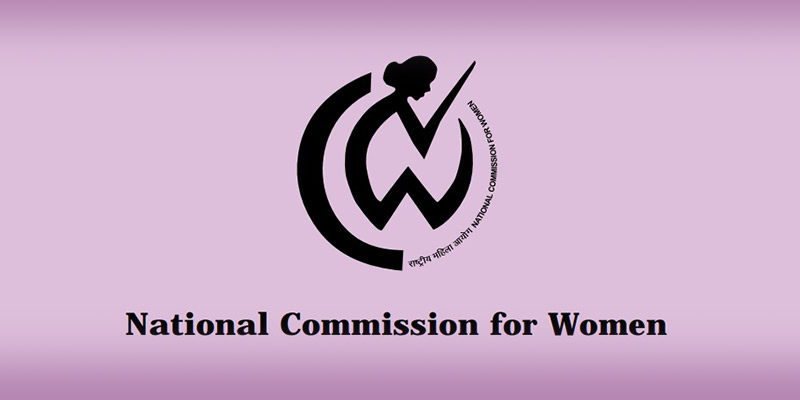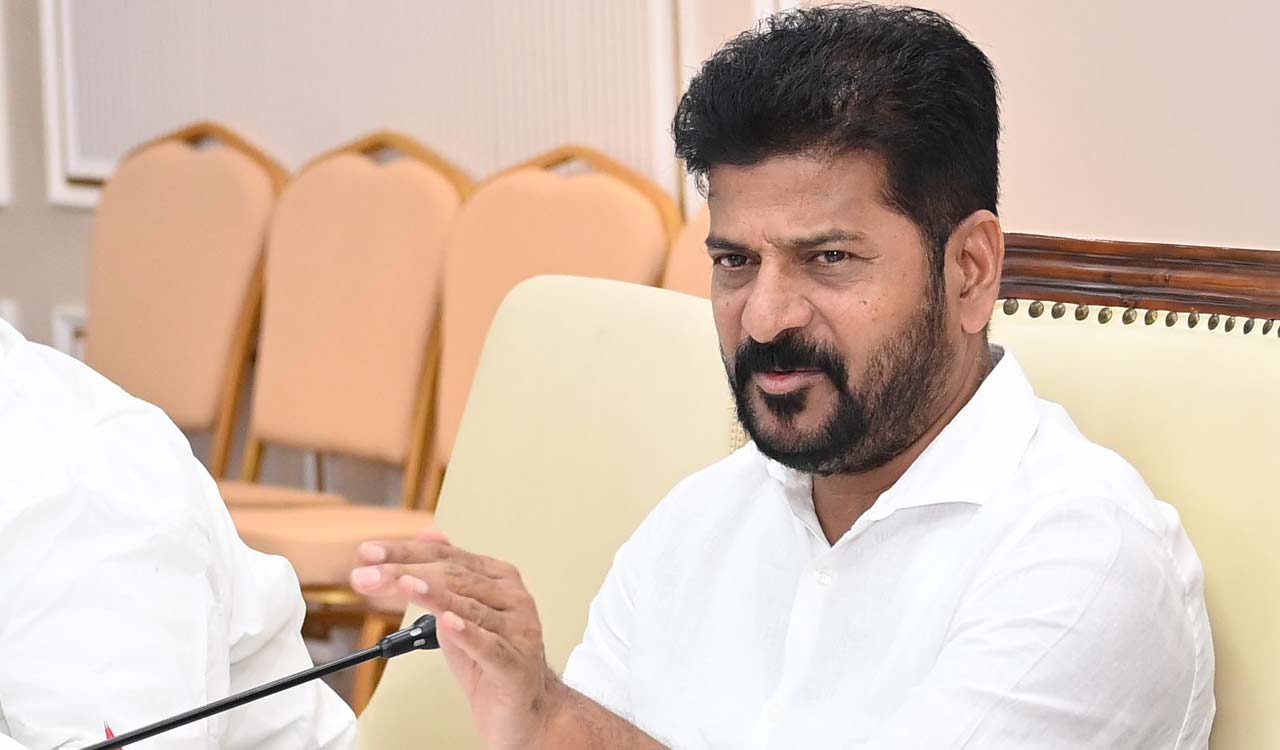Czech Republic’s new President-elect wows to strengthen ties with Taiwan evoking strong opposition from China
Fri 03 Feb 2023, 11:20:17

Prague: China has deplored Czech Republic’s move to strengthen ties with Taiwan after the Czech Republic's new president-elect Petr Pavel held a rare phone call with his Taiwanese counterpart this week in an unprecedented departure from decades of diplomatic practice.
Like most countries in the world, the Czech Republic maintains only informal economic and cultural ties with the self-governed Taiwan which Beijing claims as its territory. But in a sharp departure from the current government under pro-Beijing President Miloš Zeman and in defiance to China’s wishes, the new President-elect Pavel - to be sworn in early next month - made a phone call with Taiwan President Tsai Ing-wen this week and has expressed hope to meet her in person.
Responding to media, Foreign Ministry spokesperson Mao Ning said in Beijing that China deplores and strongly opposes the call between Czech Republic’s president-elect Petr Pavel and Tsai Ing-wen, which constituted official contact with the Taiwan authorities and “serious interference” with China’s internal affairs.
Mao said Pavel called Tsai despite China’s repeated dissuasion and démarches, adding that the call was a “blatant violation” of Czech’s political commitment to the “One China” principle. “China urges the Czech Republic - a central European nation to take immediate and effective measures to “correct the wrongdoing” and “undo the negative impact” to the bilateral relations,” Mao
said.
said.
International attention towards Taiwan has been growing as a result of China's escalating military threats toward the self-ruling island that Beijing claims as its territory. There have been many visits by high-level foreign dignitaries to Taiwan including former US House Speaker Nancy Pelosi last year and one reportedly planned visit by the present US House Speaker Kevin McCarthy this spring raising the specter of a repeat of the showdown which took place after Pelosi visit.
The Speaker of the Czech Lower House of Parliament, Markéta Pekarová Adamová, has also pledged support for states that value human rights and liberal democracy, ahead of her upcoming visit to Taipei in March.
China has made strong economic ties with countries in Central and Eastern Europe, known informally as 171, but in recent years, this grouping dwindled to 14 European participants following the exits of the three Baltic states last year which began with Beijing blocking imports from Lithuania in 2021 after it began building ties with Taiwan.
European Union, on behalf of the Baltic state launched legal proceedings against China at the World Trade Organization. According to media reports, the Czech Republic may follow the suit and exit the 171 grouping in the spring. It is to be seen what kind of retaliatory measures Beijing might take against Czech Republic if it continues with its plans of intensifying ties with the democratically governed Taiwan.
No Comments For This Post, Be first to write a Comment.
Most viewed from International
Most viewed from World
AIMIM News
Latest Urdu News
Most Viewed
May 26, 2020
Do you think Canada-India relations will improve under New PM Mark Carney?
Latest Videos View All
Like Us
Home
About Us
Advertise With Us
All Polls
Epaper Archives
Privacy Policy
Contact Us
Download Etemaad App
© 2025 Etemaad Daily News, All Rights Reserved.


.jpg)
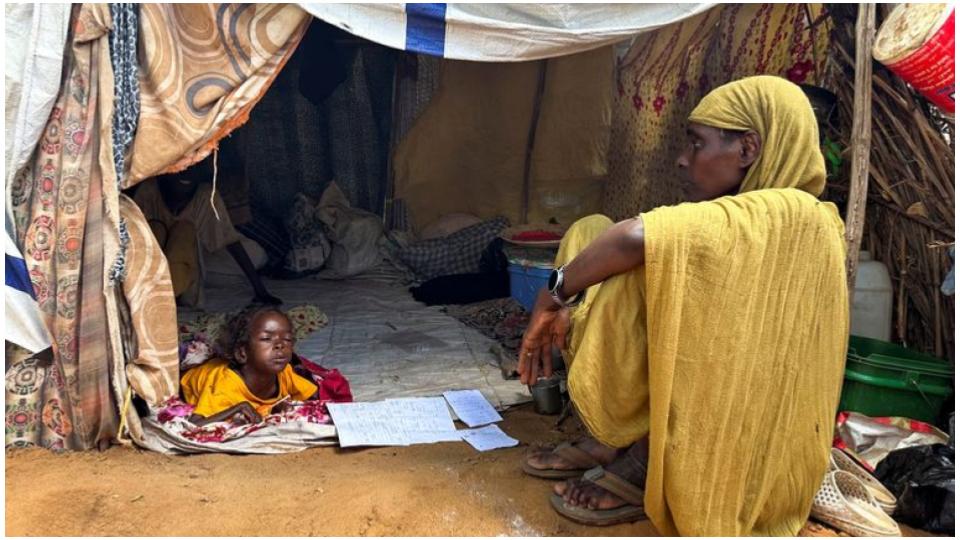
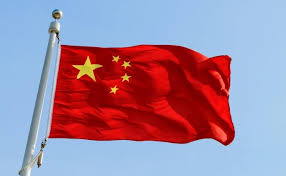
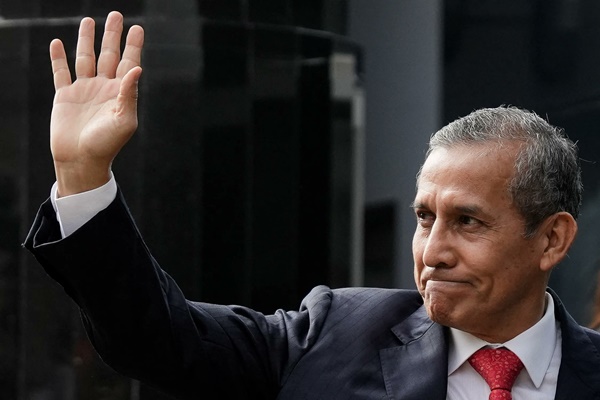



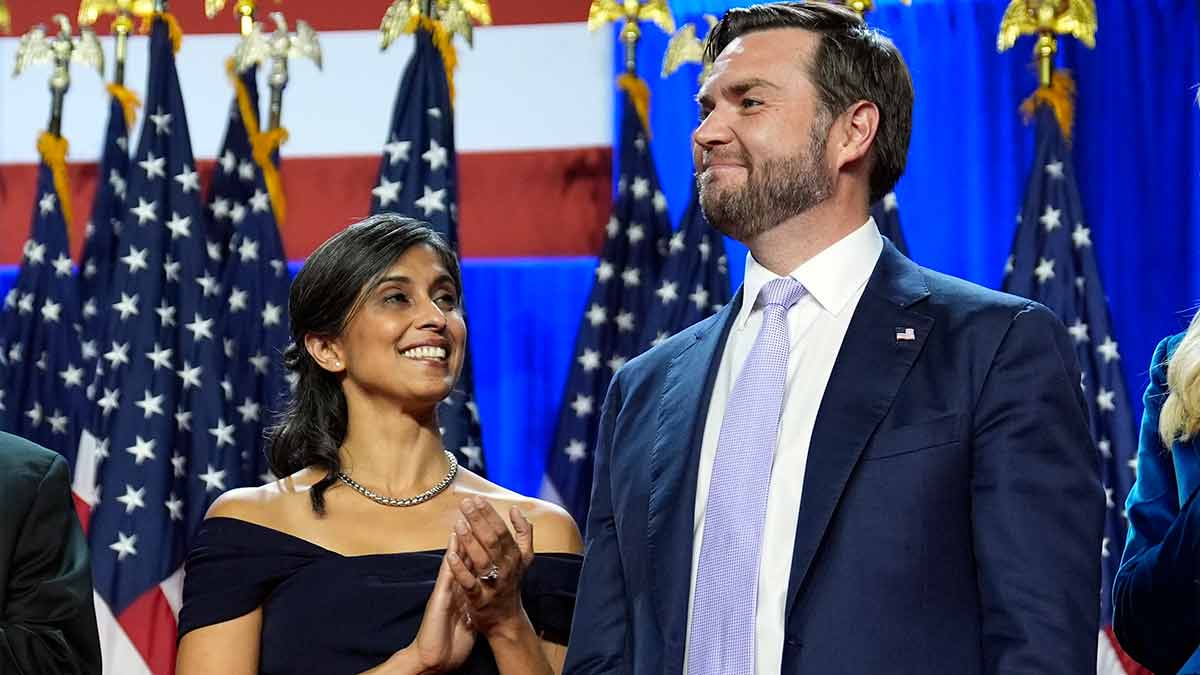
.jpg)
.jpg)
.jpg)







